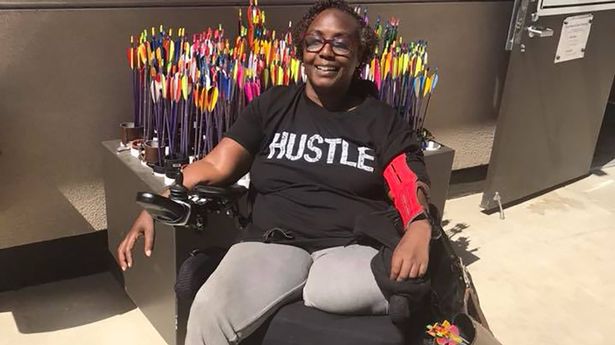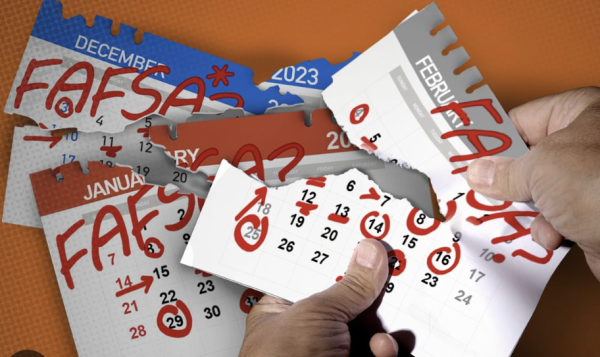American Airline Companies Still Refuse to Accommodate Disabled People
Wheelchairs, the fifth limb—which airline companies repeatedly neglect and destroy.
Many of us take the ability to fly for granted. We don’t worry about how we won’t be able to go anywhere if our luggage is ruined—but this isn’t the case for everyone. For those who need a wheelchair to move, a damaged wheelchair can mean losing one’s freedom.
In fact, Airline companies in the U.S. don’t see wheelchairs as an extension of one’s body, and pre-Covid several were mishandling around 30 mobility devices a day. As a result, flying can lead to people becoming “re-disabled.” While the passing of the Air Carrier Access Act in 1989 requires that airlines accommodate wheelchair users, fixing damaged wheelchairs can take months and airline companies aren’t always open to fixing what they broke.
This was the case last summer when Engracia Figueroa had her custom wheelchair destroyed on a United Airlines flight from Washington, D.C. to Los Angeles, where she was attending the “Care Can’t Wait” rally. In the event in question, United didn’t want to replace her $30,000 chair, so they gave her a loaner wheelchair that wasn’t built for her body, causing a painful and debilitating sore to develop.
Throughout her dispute with United Airlines, during which she lacked a custom wheelchair, her body was impacted and her sore became severely infected. This resulted in Figueroa having to receive two emergency surgeries. United Airlines eventually agreed to replace her wheelchair, but it was too little, too late: Figueroa died this year on October 31st.
Figueroa’s death and the loss of independence of the 14,750 individuals whose mobility devices have been damaged since 2018 were preventable. Airlines must work to allow wheelchairs onboard flights and to better train baggage works on how to safely load and unload wheelchairs to avoid damage.
Additionally, if passed, the Air Carrier Access Amendments Act of 2021 would include legislation to ensure “proper stowage of assistive devices in the cargo hold to prevent damage” as well as require the Department of Transportation to establish civil penalties for violations, establish a private right of action for plaintiffs, and require new airplane designs to improve the accessibility of seats and bathrooms.
This legislation is needed to stop people from being denied the right to travel, vacation, and visit family simply for utilizing a wheelchair. Wheelchair users deserve freedom as much as anyone else—properly handling mobility devices and increasing onboard accessibility is the first step airlines can take to recognize this.











